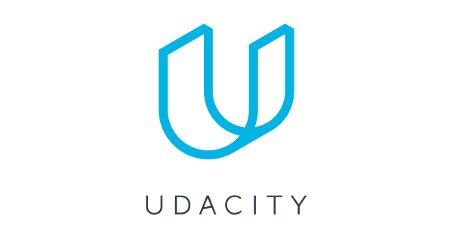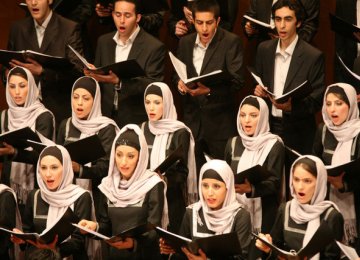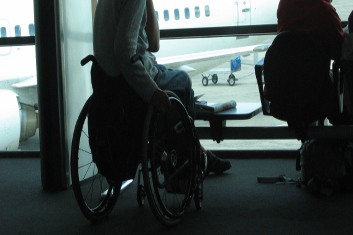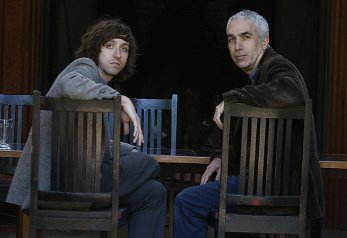Muslim NGOs have a unique role to play in humanitarian relief because they are able to bridge the gap between different cultures and faiths. They first became prominent in the late 1970’s, during the Russian invasion of Afghanistan. A second burst of Muslim NGO activity took place in 1992-93, at the time of the war in Bosnia. Despite being portrayed in Western media as perpetrators of violence and disruption, Muslims make up three-quarters of the world’s refugees. As a result, unlike their secular counterparts, the bulk of Muslim NGOs’ funding comes from individual donations from the general public, as opposed to the institutional funding received from large governmental or multilateral donor organizations. The help extended by Muslim organizations is not limited to assisting other Muslims but upon helping whoever is in need. Nevertheless, as other religious organizations operating in today’s virulently secular world, the motives of Islamic NGOs are often mistrusted. One of the most known initiatives is called Islamic Relief: it is an international relief and development organization with permanent offices in 35 countries. Islamic Relief works in partnership with other international aid organizations, church groups, and local relief agencies in the areas they serve. 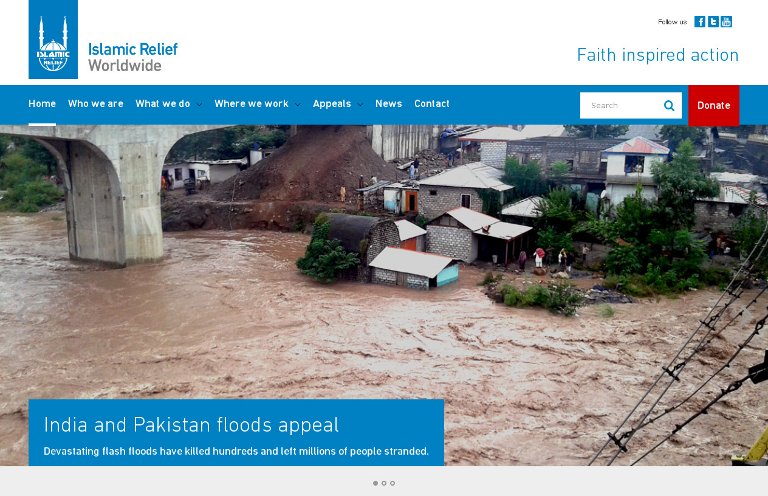 Website: http://www.islamic-relief.org/
Website: http://www.islamic-relief.org/
Islamic Relief
![]()
STAY IN TOUCH
SUBSCRIBE TO OUR NEWSLETTER
AND RECEIVE OUR LATEST STORIES
OLBIOS NETWORK FOR ACTION



